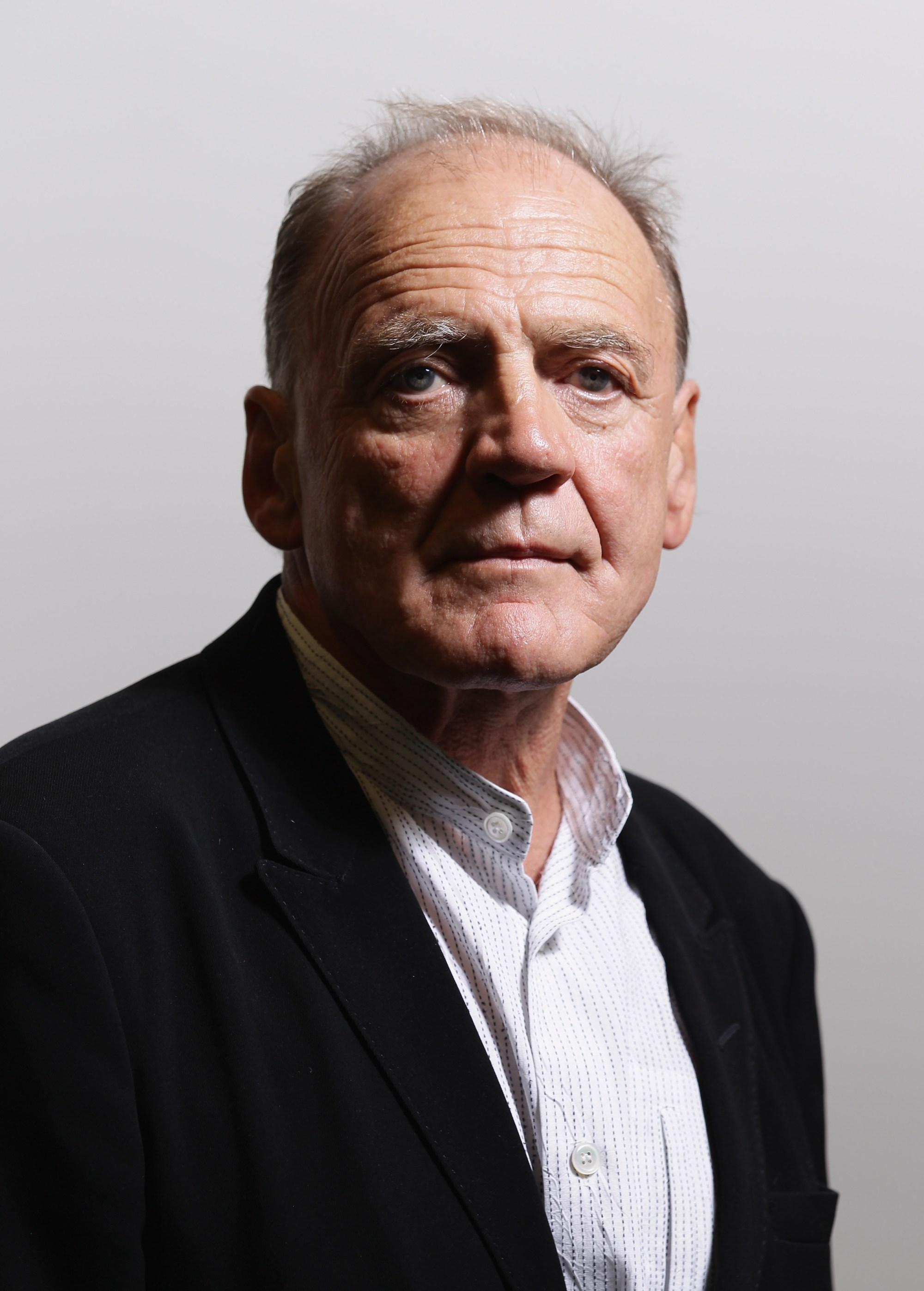
- Industry
Global Star Profiles: Bruno Ganz
The hunched old man in an ill-fitting suit shuffles through what seems to be a receiving line of uniformed people. There are few words spoken as he shakes hands with some, pins a swastika medal on another, gently touches the shoulder of a woman, all with trembling hands, before disappearing into a bunker with the wife he has just married. A sobbing woman pushes through to him, demanding that he leave Berlin. He gently tells her, “Tomorrow millions of people will curse me but fate has taken its course” before pushing her away. She collapses to the ground and is taken away. The door closes behind her. The people in the bunker wait. Then there is a gunshot. Adolf Hitler is dead.
This is a scene towards the end of Oliver Hirschbiegel’s 2004 film Downfall, and the actor behind the towering performance as Hitler is Bruno Ganz. The story is about the last ten days of the Nazi regime when Hitler slowly comes to the realization that he has lost everything. Ganz shows the audience the man behind the monster – his penchant for kissing women’s hands in a show of courtliness, his love of a dog, the manic rages and demented shrieking, and finally the almost pathetic defeat in the pudgy face with bags under his eyes. Hitler was 56 at the time but Ganz shows us the how the life he had lived marked him.
If there is one role the late Swiss actor will be remembered for, it’s this one. His is the definitive Hitler in cinema, though controversial for depicting him as a human being and not a caricature, but how else does one sound the warning that evil can lurk in the most banal of faces?
The film was nominated for an Oscar for Best Foreign Language Film in 2005.
Ganz told the magazine The Artsdesk in early 2019 how he prepared for the role: “It’s quite easy. I was told there was very little left – newsreel or filmed stuff – and even pictures were not taken: he didn’t allow it any more at the end. So the real source was what the witnesses said and a lot of them wrote books later.” Through an extant bit of film from his last days, Ganz figured out Hitler had Parkinson’s disease.
He also told the magazine it took him about a month to accept the role. “My first reaction was I was interested immediately because, as actors say, it’s a challenge. It was really one. But I thought, you know, you are tackling something quite difficult and if it’s going to be seen by many people throughout the world, you will be identified with the one who played Hitler and that’s not easy. But I was not scared to get closer to that decade of the time historically and I was not scared to get close to Hitler … but the difficulty is to deal with that image, that icon, that kind of myth that Hitler still is for everybody. . . So it was not easy to say yes.”
In Austria, there is a custom where a diamond ring, the “Iffland-Ring” named after actor August Iffland, is given to the ‘most significant and most worthy actor of the German-speaking theatre’ until he passes it on to a successor he deems worthy. Only four actors in the 20th century were bestowed this ring. Bruno Ganz received it in 1996.
There was another film that Ganz was associated with on the opposite side of the spectrum. He played an angel in Wim Wenders’ Wings of Desire whose purpose was to comfort the afflicted in Berlin whose thoughts he could hear. He gives up his immortality to become human so he could fall in love. Ganz told the Danish film journal P.O.V. in 1999 that fans would treat him as an angel in real life. “People in planes said: ‘Ah, no need to be afraid because, with you here, nothing can happen. Now we are safe. Or a mother said to her child: “Look, there’s your guardian angel.’ They weren’t joking.” He said he loved that because it was better than being called a good actor. “In some way, I became an angel, and who except me has experienced that in his lifetime?”
Ganz was born in Zurich in 1941. While he got his first film role in 1960 in The Man in the Black Derby, his film career did not take off right away. He co-founded a theater company, Schaubühne, in 1970 and worked in the theater for more than 15 years till he broke through with 1976’s Sommergaste.
Among his best-known films are Wenders’ Dennis HopperWerner Herzog opposite Klaus Kinski; The Boys from Brazil with Laurence Olivier and Gregory Peck in 1978; Jonathan Demme’s The Manchurian Candidate in 2004; Francis Ford Coppola’s Youth Without Youth in 2007, Stephen Daldry’s 2008 The Reader and Uli Edel’s The Baader Meinhof Complex, the latter two both being nominated for Oscars in 2009. He also appeared in Ridley Scott’s The Counselor in 2013, Sally Potter’s The Party in 2017, and Lars von Trier’s The House that Jack Built, in 2018.
One major highlight in Ganz’s theater career was playing the lead in an 11-hour stage performance of Faust in 2000 in Germany. Another was playing Hamlet twice: once at age 24, then again in his early forties.
Over the course of his career of more than a hundred films and tens of plays, Ganz was honored with the Légion d’honneur from France and the Order of Merit from Germany.
Ganz was diagnosed with colon cancer in 2018 and passed away on February 15, 2019.

